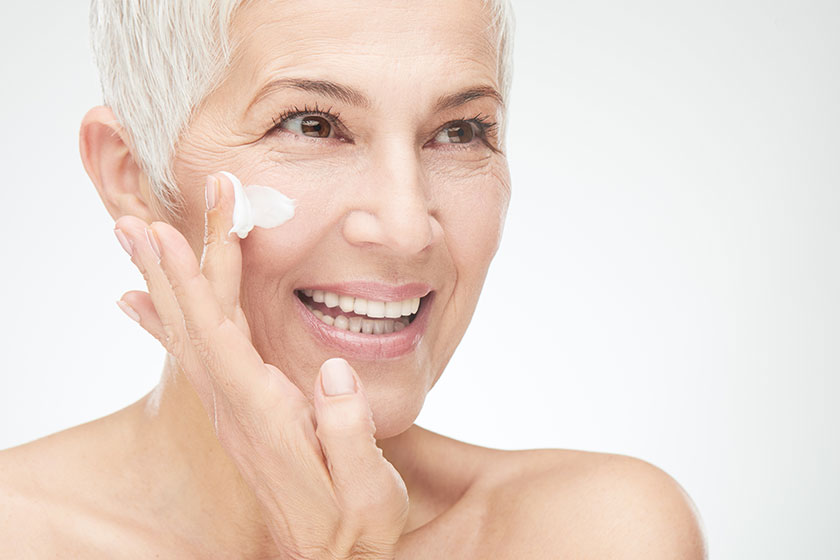Winter’s harshness can damage delicate skin. Cold winds and temps can dehydrate skin, causing itching, cracking, and bleeding. Even indoors in winter, your face suffers as your home’s heating system lowers humidity.
Skin Disorders in Winter and Summer
Age-related changes can cause skin to become thin, dry, and weak. Sun exposure, weight loss or gain, diet, stress, and smoking can speed up these changes. Our epidermis protects us from germs, injuries, and the weather, but it weakens over time. Skin cancer and senile purpura can affect all year-round.
Harsh winter weather worsens these issues, causing itchiness and rashes. Asteatotic eczema and seborrheic dermatitis are common in the summer. Asteatotic eczema, also known as xerotic or eczema craquelé, is a periodic, dry, red, flaky rash on the legs, back, and arms. Without therapy, the rash can worsen and cause cracks, fissures, and infected sores, especially if one scratches the affected areas. Winter also brings seborrheic eczema. Itchy, flaky patches appear on oily areas like the hair, eyebrows, nose, and chest. This skin disorder’s yeast thrives in cooler temps and low humidity.
Seniors and caregivers can take some steps to reduce cold skin discomfort and complications. In this article, Spring Mill assisted living care in Pottstown, PA shares six cold weather skin care tips for seniors.
6 Senior Skin Care Tips
- Moisturize Often
Over the course of time, our skin loses moisture faster, and dryness (xerosis) resulting in many skin disorders. It is ideal to have wintertime moisturizing. This is why senior living advises to use stronger balms or ointments than lotion. Check the composition of the products. Lanolin is found in many heavy-duty creams. If you can stand the grease, Vaseline (petroleum oil) saves skin.
Apply moisturizer immediately after showering to lock in vital hydration, and cover newly moisturized areas with clothing (pants, long-sleeve shirt, socks) to aid absorption.
- Refresh!
Most people think dehydration is only a problem in summer, but you can’t skip water in winter. Drink eight cups of water daily to moisturize internally (unless one has a medical condition that requires you to limit fluid intake). Most people can aim for pale to moderately yellow urine, but medications may impact color.
- Wrap Up Yourself
Cover up before facing the cold. Protect your ears, neck, face, and palms from frostbite and windburn. In cold, windy weather, wear layers and a windproof, insulating cloth. This prevents sore, chapped skin.
- Shield with Sunscreen
Use sunscreen even on gloomy winter days. Snowy areas need sun protection. Snow reflects UV rays, causing sunburns even on gloomy days.
- Bathe Carefully
Avoid long, hot showers and tubs. Hot water actually dehydrates skin. To avoid skin irritation and dehydration, use softer soaps and limit shower time.
- Embrace Humidity
Full-room humidifiers can moisten unnaturally heated air. This soothes dry lungs, scratchy eyes, and your skin. To avoid inhaling bacteria and mold, follow the manufacturer’s usage, cleaning, and maintenance directions.
Seek professional help if you have a consistently dry, irritated winter skin. Your dermatologist can diagnose more severe conditions. They can offer quick replies and treatment. Follow these easy-to-follow tips from Spring Mill assisted living care in Pottstown, PA to reduce skin discomfort and potential complications.







